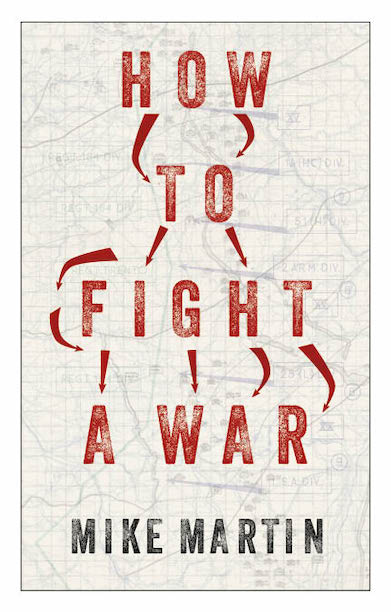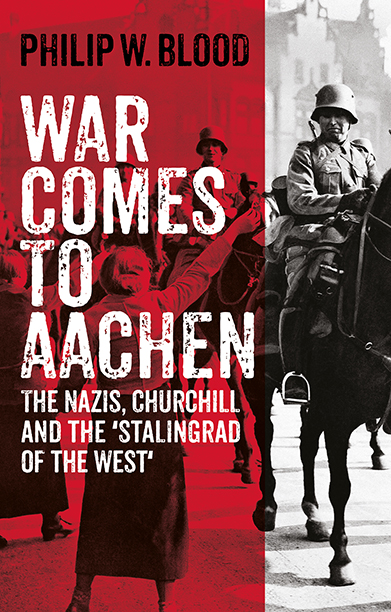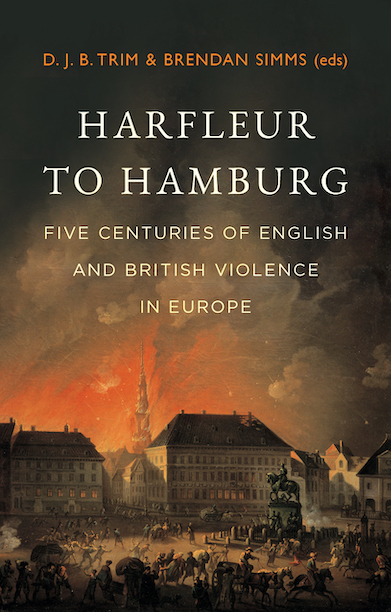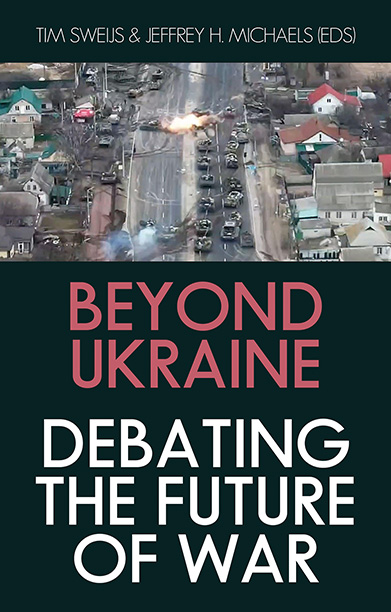How to Fight a War
An indispensable guide to understanding modern warfare, especially the decisions made by politicians and generals—both good and bad.
Description
Has any war in history gone according to plan? Monarchs, dictators and elected leaders alike have a dismal record on military decision-making, from over-ambitious goals to disregarding intelligence, terrain, or enemy capabilities. This not only wastes the lives of civilians, the enemy and one’s own soldiers, but also fails to achieve geopolitical objectives, and usually lays the seeds for more wars down the line.
Conflict scholar and former soldier Mike Martin takes the reader through the hard, elegant logic to fighting a conclusive interstate war that solves geopolitical problems, and reduces future conflict. In cool and precise prose, he outlines how to orchestrate military forces, from infantry to information, and from strategy to tactics.
How to Fight a War explains the unavoidable, yet seemingly elusive, art of using violence to force your enemies to do what you want. It should be read by everyone seeking to understand today’s wars, as well as those wishing to lead us through the coming decades of conflict.
Reviews
‘An illuminating and enjoyable account of warfare and guidelines to achieve lasting peace. How to Fight a War is also written in an engaging style, rich in personal and historical anecdote, that lays out complex issues in an absorbing and logical way.’ — Financial Times
Recommended — ‘Absolutely brilliant’ — by Marina Hyde on ‘The Rest is Entertainment’ podcast.
‘Many of today’s pundits, journalists, and so-called “experts” would do well to put down their phones, give their thumbs a rest, and pick up Martin’s How to Fight a War. Refreshing one’s recollections of the basics of war or simply encountering them for the first time, would make for far more enlightened and productive discussions. Beyond the commentariat, politicians would equally do well to become acquainted with War 101.’ — Diplomatic Courier
‘Essential reading.’ — Times Radio
‘Compelling, timely and very accessible. How to Fight a War shows that behind the complex horrors of conflict lie simple and enduring truths about humankind.’ — Sir Nick Clegg, former Deputy Prime Minister of the UK
‘An indispensable guide to understanding modern warfare, especially the decisions made by politicians and generals – good and bad.’ — Daily Maverick
‘This is an excellent summary … almost exhaustive.’ — Politique étrangère
‘[Martin] enlightens the reader about principles that have been forgotten in Western societies in recent decades… Peace and war are not binary, but a continuum in which one condition always carries the possibility of the other.’ — Frankfurter Allgemeine
‘Colourful, punchy, admirably challenging and clear—essential reading for every soldier, officer and General.’ — General Sir Patrick Sanders, Chief of the General Staff, British Army
‘At a time of high geopolitical worry and risk this book sets out clearly the complex considerations—too often insufficiently assessed—which ought to inform any decision, by anyone, about going to war.’ — The Rt Hon. Charles Clarke, former MP, Home Secretary (2004–06)
‘War is abhorrent and complicated. But it is also human. In this easy-to-read book Mike Martin strips away much of its technical characteristics and reminds us that war is determined by some basic tenets that only a fool ignores. How to Fight a War is for statesmen, diplomats and generals to keep by their side when conflict beckons.’ — Lieutenant General Douglas Chalmers (CB, DSO, OBE), Deputy Chief of the Defence Staff, 2018-2021, and Master of Emmanuel College, University of Cambridge
‘Almost all of the wars that have been fought over the last thirty years have been unsuccessful. If the leaders, generals and statesmen had read this book, they might not have been.’ — The Rt Hon. Johnny Mercer MP, Minister for Veterans’ Affairs
‘What stands out in this wonderfully curated book is the smooth logical flow of complex issues related to “fighting a war”. Not just the art of war, based on classic examples from world war campaigns and the most recent Ukraine war, but also the craft of war which has evolved through the ages of civilisation. A delightful work of hard labour, thought and passion.’ — Commodore RS Vasan, Indian Navy (Retd), Head of Strategic & Security Studies, Center for Asia Studies Chennai, and Director-General of the Chennai Centre for China Studies
‘An outstanding, clearly written and articulated book for both undergraduates and graduates studying strategic or defence studies, not to mention junior to mid-ranking officers, even senior ones.’ — Ahmed S. Hashim, Associate Professor of Strategic Studies, Deakin University and Australian Defence College, and author of Insurgency and Counter-Insurgency in Iraq
‘The ongoing war of Russian aggression in Ukraine has caught the majority of Western policymakers and the public off guard and laid bare a severe deficit in understanding the fundamentals of modern warfighting and military affairs. This new book will help address this dearth of expertise on military matters in the West by succinctly summarising the basic principles of war and warfare in layman’s terms.’ — Franz-Stefan Gady, Senior Fellow for Cyber Power and Future Conflict, International Institute for Strategic Studies
Author(s)
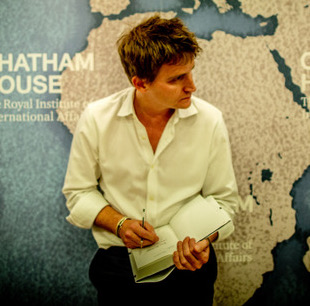
Dr Mike Martin is the Liberal Democrat MP for Tunbridge Wells and a Senior Visiting Research Fellow in the Department of War Studies at King’s College London. His previous books, also published by Hurst, are An Intimate War; Crossing the Congo; and Why We Fight. He can be found at @ThreshedThought.
